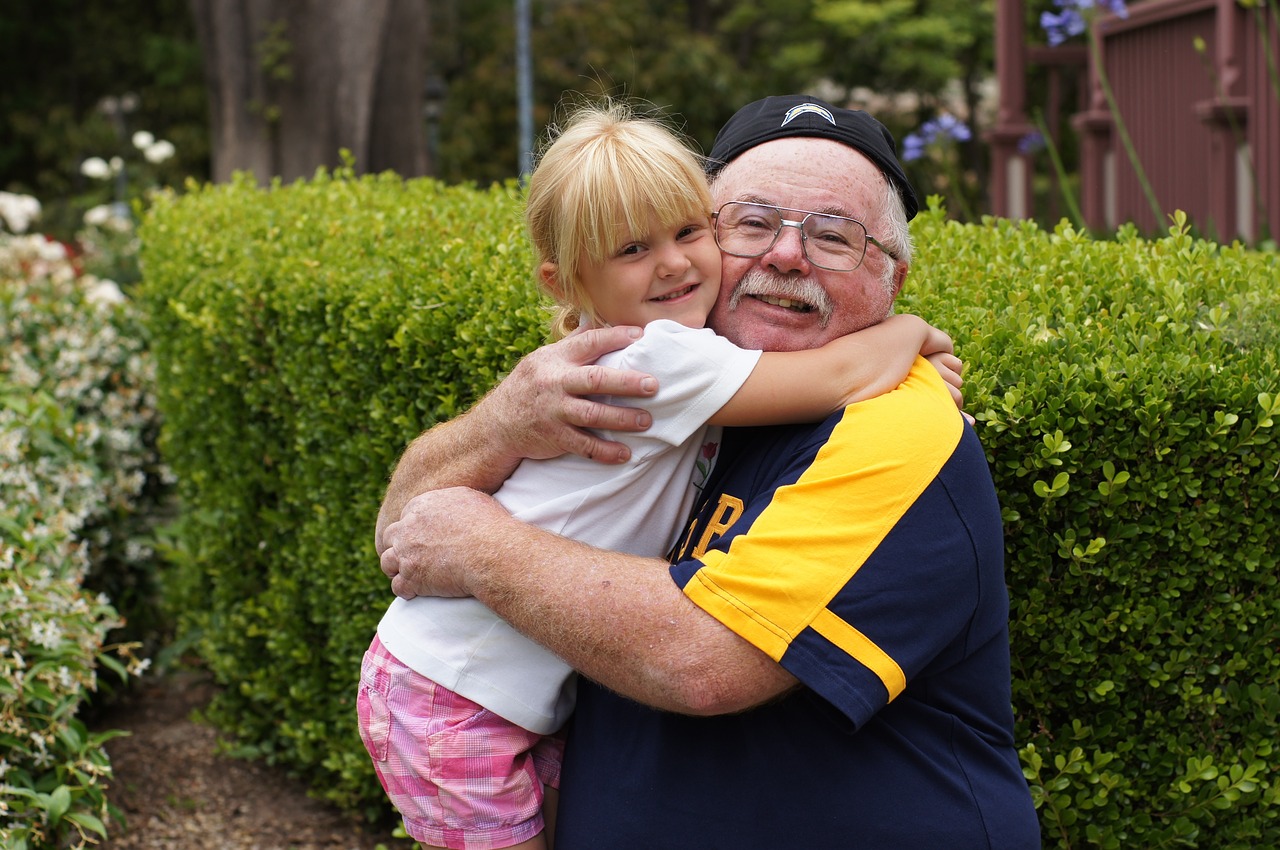We all want our kids to be happy, well-behaved and well-liked by peers. But, sometimes – despite our best hopes – they struggle. And few things in life are as stressful as seeing your child suffer as they withdraw from their friends and avoid activities they used to enjoy.
So what can we do as parents to help our kids to be happy?
Kristin Loyous and colleagues studied this question back in 2012. After reviewing peer-reviewed research, they observed that:
- happiness, being social and popular were compatible goals: they often occur together; and
- students who are well-liked also tend to be helpful, cooperative and emotionally well-adjusted.
Based on these observations, the researchers conducted an experiment involving 19 classes of 9-11 year-olds in Canada:
- one group were asked to perform three small acts of kindness a week for four weeks; and
- a second group were asked to visit three places per week for four weeks.
At the end of the study, students in both groups were happier. But the students who performed acts of kindness experienced greater increases in their acceptance by their peers than the students who simply visited places.
Why being kind and social matters
Being well-liked by classmates makes kids more likely to participate actively in academic and social activities at school, and less likely to be bullied. Encouraging pro-social activities may therefore have ripple effects for the community beyond increasing happiness and popularity of the kids involved.
Clinical bottom line and practical example
To help kids to be happy and well-adjusted, consider increasing the number of times per week they are expected to engage in pro-social activities. It doesn’t take much time or effort to apply the research outlined above.
For example, in my household, we (the parents!) have decided to set minimum targets for each of our boys, namely to:
- do small acts of good for others three times a week (e.g. giving mum a hug, sharing a toy with a sibling without squabbling, or completing chores without being asked); and
- get out of the house, and do more social activities three times a week (e.g. visiting grandparents, playing team sports, or going for a long walk or bike ride as a family or with others).
To track progress, the boys will keep a simple diary summarising how they’ve met the targets.
(As an aside, there’s nothing to stop many of us parents from applying these tips to our own social lives! It might be time for us to put down our smart phones, turn off the Netflix, and sign up to our local trivia competition with fellow time-poor parents!)
We hope these tips help your kids and your families become happier! Let us know how you get on!
Principal source: Layous, K., Nelson, S.K., Oberle, E., Schonert-Rechl, K.A. & , Lyubomirsky, S. (2012). Kindness Counts: Prompting Social Behaviour in Preadolescents Boosts Peer Acceptance and Well-Being. PLOS One, 7(2), e51380
Image: https://tinyurl.com/male9lu

Hi there, I’m David Kinnane.
Principal Speech Pathologist, Banter Speech & Language
Our talented team of certified practising speech pathologists provide unhurried, personalised and evidence-based speech pathology care to children and adults in the Inner West of Sydney and beyond, both in our clinic and via telehealth.


Leave a Reply